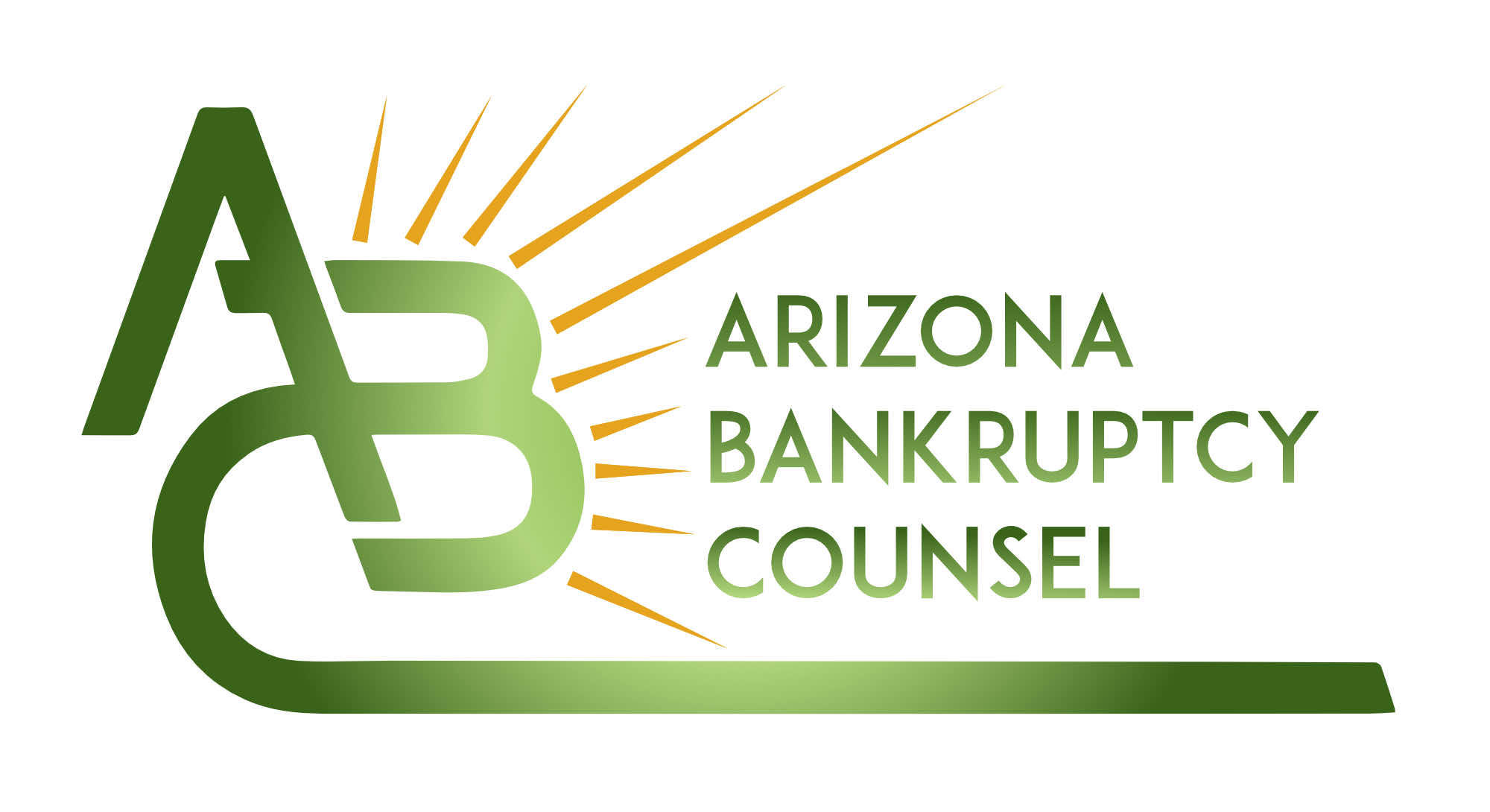For related pages, see: Bankruptcy Overview.
A Chapter 13 Bankruptcy is only available to individuals, who may have several objectives. In most cases, the objective is to secure a discharge of debts, to keep exempt assets, and to keep some or all non-exempt assets. The debtor proposes a plan to keep, modify or cure secured debt and to pay certain privileged claims in full over a three to five year period. Most unsecured claims will be discharged at the conclusion of the plan.
Estate, Trustee and Creditors
In a Chapter 13 Bankruptcy case, the “estate” includes post-petition income and property in addition to what the debtor owned at filing.
A Chapter 13 trustee does not sell non-exempt assets. Instead, the trustee collects monthly payments from the debtor and makes payments to creditors.
As in other cases, a creditor is required to file a proof of claim to receive their portion of plan payments, and an objection may be filed to improper claims.
The Stay and Exemptions
When a case is filed, an “automatic stay” is triggered. A stay is an injunction preventing creditors from collecting from the debtor or from the estate and, as the name implies, is automatic (no separate court order is required). In a Chapter 13 Bankruptcy case, the stay protects the debtor’s assets from seizure, unless the Bankruptcy Court orders otherwise.
A creditor who wishes to collect, or to foreclose on property of the estate may do so only with the approval of the bankruptcy court. The process is initiated by filing a motion requesting “relief” from the automatic stay. A motion may be granted if, for example, collateral is not necessary to the debtor’s successful reorganization.
Even though the trustee does not liquidate assets in a Chapter 13 Bankruptcy case, an individual debtor still claims eligible property as “exempt.” The value of the non-exempt assets affects the amount the debtor must pay through the plan.
Discharge
In a Chapter 13 Bankruptcy case, a debtor will receive a discharge after complying with all requirements of the Bankruptcy Code, including making the required payments over the three to five year life of the plan. As in other cases, misconduct during the case, or in some cases before the case was filed, will prevent a discharge of some or all debts.
Even for debtors who play by the bankruptcy rules, certain debts are “excepted” from discharge. Debts excepted from discharge include child support, certain taxes, and debts incurred by fraud.
An individual debtor who has received a discharge must wait statutory periods before filing a later bankruptcy. A debtor who does not yet qualify for a new bankruptcy discharge may in some cases still be able to protect assets in a new bankruptcy case, but should carefully consider the need for the new filing.
You may reach us by phone at (480) 639-6719, or by email at [email protected]. You may also request an appointment to review your situation.
